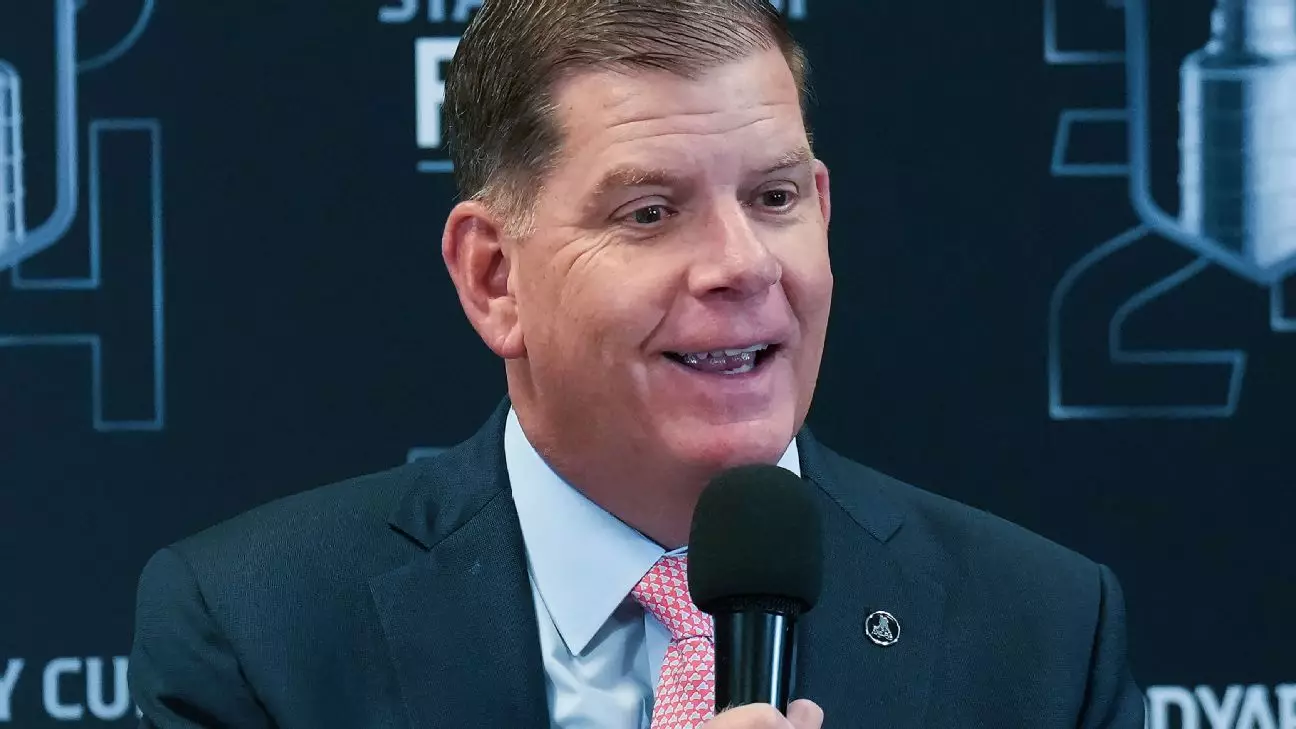In a significant move for labor rights in professional sports, the National Hockey League Players’ Association (NHLPA) and the Professional Hockey Players’ Association (PHPA) have officially allied themselves with the AFL-CIO, the largest labor federation in the United States. This collaboration, announced recently, not only enhances the NHLPA and PHPA’s bargaining power but also integrates them into a broader network of unions that collectively represent over 15 million workers across various industries. Such an alliance underscores the pressing demand for improved conditions and wages among professional athletes as they navigate ongoing collective bargaining negotiations.
A Commitment to Worker’s Rights
The AFL-CIO, which has tirelessly advocated for the rights of workers since its inception, expressed enthusiasm for the inclusion of the hockey unions. AFL-CIO President Liz Shuler highlighted the importance of collective action in ensuring that every worker, whether on the ice, in education, or at a factory, has a voice. This sentiment resonates deeply within the hockey community as players seek equitable treatment and fair negotiations regarding their contracts, safety protocols, and development opportunities. By joining forces with the AFL-CIO, the NHLPA and PHPA are poised to strengthen their advocacy for player rights, which is particularly crucial given the physical nature of the sport.
The NHLPA, representing approximately 750 players across 32 teams, and the PHPA, which serves around 1,800 members in lower-tier leagues such as the American Hockey League (AHL) and ECHL, are amplifying their influence through this partnership. Marty Walsh, the executive director of the NHLPA, remarked on the pride the players feel in joining this labor movement at a pivotal moment. This solidarity signifies a broader movement within professional sports to unite various player associations and unions, enhancing their collective power in negotiations and activism across North America.
The formation of the AFL-CIO’s sports council in 2022, which already encompasses unions from the NFL, WNBA, Major League Soccer (MLS), and the National Women’s Soccer League (NWSL), showcases a growing inclination among sports figures to advocate for systemic changes within their respective industries. Brian Ramsay, the executive director of the PHPA, articulated the excitement among members regarding their enhanced role in labor activism. The integration with the AFL-CIO empowers hockey players to secure a solid foothold in collective bargaining, ensuring they are not only participants in negotiations but also champions of labor rights across the sports landscape.
Looking Ahead: A United Front for Labor Rights
As the NHLPA and PHPA head into crucial collective bargaining discussions, the union’s new affiliation with the AFL-CIO symbolizes a unifying front against the challenges faced in professional sports. With the support of a larger federation, these associations are better equipped to advocate for fundamental changes that prioritize player welfare, safety, and fair compensation. The movement signifies hope for not just hockey players but for all workers in sports, emphasizing that solidarity and collective voice can effectively lead to equitable outcomes in various sectors. This strategic alliance marks the dawn of a new chapter in which professional athletes unite to champion labor rights, ensuring their voices resonate far beyond the rink.

